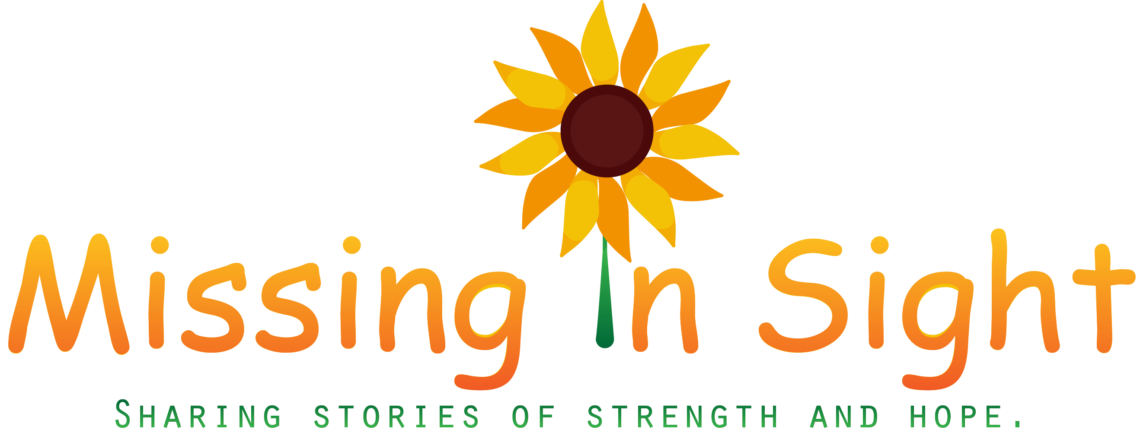Self-care. Yes, if you believe the stories, the advent of self-care started with the Ancient Greek philosophers who used the ideas of self-care to influence the relationships and wellness that Greeks had with other Greeks. In our Modern Era, for some whom we’ll call traditionalists and conservatives, it is has become bourgeois and self-indulgent. For others like millennials, it is an essential part of a healthy life style and key to emotional management.
So why the dissonance? Why do some believe self-care is frivolous and flighty and others believe it is essential and vital? What does this have to do with you?
My questions listed above come after reading an article from Brianna Wiest entitled, ‘This is What Self-Care REALLY Means, Because It’s Not All Salt Baths and Chocolate Cake”that left me baffled, angry, and clueless as to why she promotes such a negative view of self-care when the benefits are well documented and it is a well established practice.
Firstly, Wiest’s scathing article presumes that people should basically grow up, shut up, and take care of their responsibilities so they won’t need to use self-care as a crutch to get through life. Why does she consider self-care as running from our problems instead of coping with them or posits that practicing self-care is a “distraction”, not a solution?
While I do not contest the idea that society should live up to its obligations and responsibilities, and actually find self-care can be found amongst even the most mundane tasks such as paying bills and balancing a budget, I disagree with her generalization that what everyone really needs is tough love and extraordinary self-discipline. Self-care shouldn’t be so insipid; it should be special, rewarding, and pleasing like a gentle breeze. It should be something to which you look forward, that replenishes your soul and that revitalizes your spirit so you may excel at life, not just keep up with it. If self-care means weeding your garden (which is therapy for my mom!) or treating yourself to a massage, then you do you.
Lastly, and I think a large part of what Wiest did not consider, is when we talk about self-care, we are really talking about taking care of ourselves mentally and emotionally, or as some would say, ‘taking a mental-health vacation.’ There are no longer the pervading secrets that we (gasp!) have emotions and mental health needs. Mental health advocates, such as myself and this blog, are working to end the stigmas attached to sufferers reaching out for emotional help or enduring the insinuation that sickness is just a weakness.
I believe another way to look at the idea of self-care and making yourself a priority is through the words of TED Talk speaker and psychologist Guy Winch. His talk is on emotional first aid, which I believe is just another form of self-care.
Winch reinforces the crux of my argument: self-care, or what he refers to as emotional hygiene, is important to the health of our whole well-being. We should not be shamed by others for not being able to handle life’s obstacles without a bubble-bath break or enjoying that expensive cup of coffee.
Personally, I will confess this: as I’m composing this post, the need for self-care is imminent. I feel flustered, unworthy, hypocritical, foolish, burnt out, ect. The insults I have thrown at myself tonight could continue ad nauseam. So tonight, in order to to make myself a priority and practice self-care, I will put away my work, take a long hot shower, and snuggle with my dog Maybelline under my heated plush throw.

It all sounds touchy-feely and a little self-indulgent, but isn’t that the point? We need to take time to recover from our stresses and our burdened emotions; we need to practice our emotional hygiene; we need to invest in our mental health, and, who knows, maybe self-care will just become an option in the future and not a requirement elicited from grueling over the responsibilities of life.
